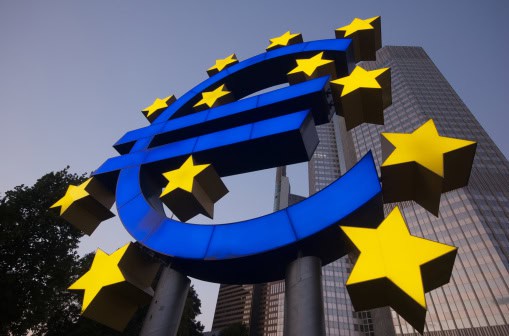Greece will stay in the eurozone. The country will receive a €86 billion bailout after EU finance ministers agreed on a “bail-in” of Greek banks – including holders of senior bonds but not depositors.
The deal gives Greece access to loans of up to €86 billion (£61 billion) over the next three years.
The Greek parliament backed the deal after debating all night. It proved to be a difficult task for leftist Prime Minister Alexis Tsipras, as he relied on opposition votes after almost a third of his own supporters rebelled.
The European Stability Mechanism (ESM) is expected to approve an initial tranch next Wednesday – of €26 billion. Approximately half of the €26 billion will be used to meet debt payment obligations off while the rest will be used to repcapitalise banks.
Jean-Claude Juncker, president of the European Commission, said:
“The past six months have been difficult. They have tested the patience of policy-makers and they have tested the patience of our citizens even more.
“Together, we have looked into the abyss. But today, I am glad to say that all sides have respected their commitments.”
He added:
“The message of today’s eurogroup is loud and clear: on this basis, Greece is and will irreversibly remain a member of the euro area and the European Commission will support Greece in developing a new and fair growth, jobs and investment perspective for its citizens,”

It looks as though Greece will not be leaving the eurozone after all.
Finance ministers also said that that writing off some of the Greece’s debts would be considered later this year.
Eurogroup chairman Jeroen Dijsselbloem said the deal confirmed on Friday will help get Greece’s economy back on track, adding that he’s optimistic the IMF will co-operate.
“I think there is reason for optimism,” he said.
On Thursday the current IMF mission chief in Greece, Delia Velculescu, said:
“We look forward to working with the (Greek) authorities to develop their programme in more detail and for Greece’s European partners to make decisions on debt relief that will allow Greece’s debt to become sustainable.
“The IMF will remain closely engaged with the Greek government and the European partners to assist in this process, and will make an assessment of its participation in providing any additional financing to Greece once the steps on the authorities’ programme and debt relief have been taken.”
IMF managing director Christine Lagarde called the deal “an important step forward”, but stressed that Greek debt was “unsustainable”.
